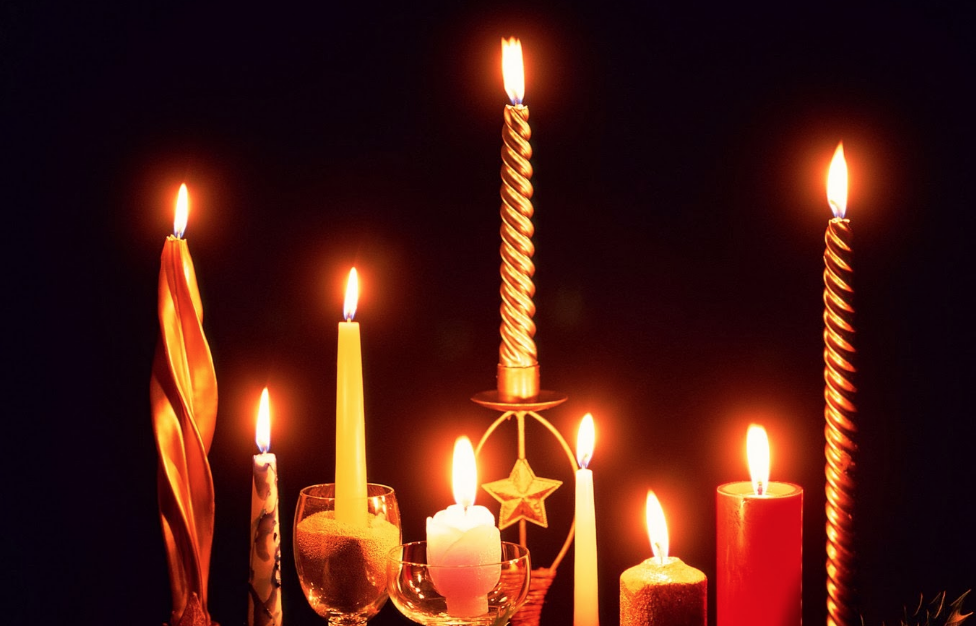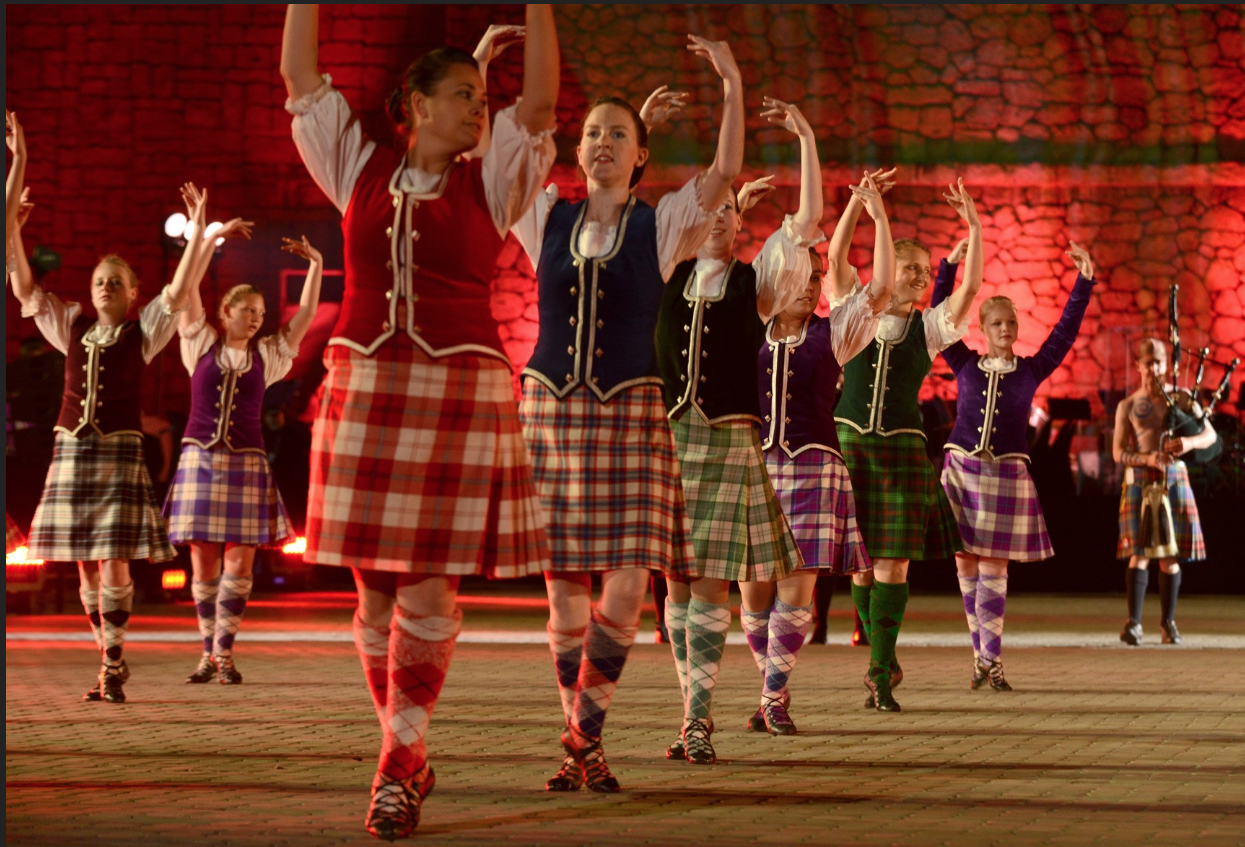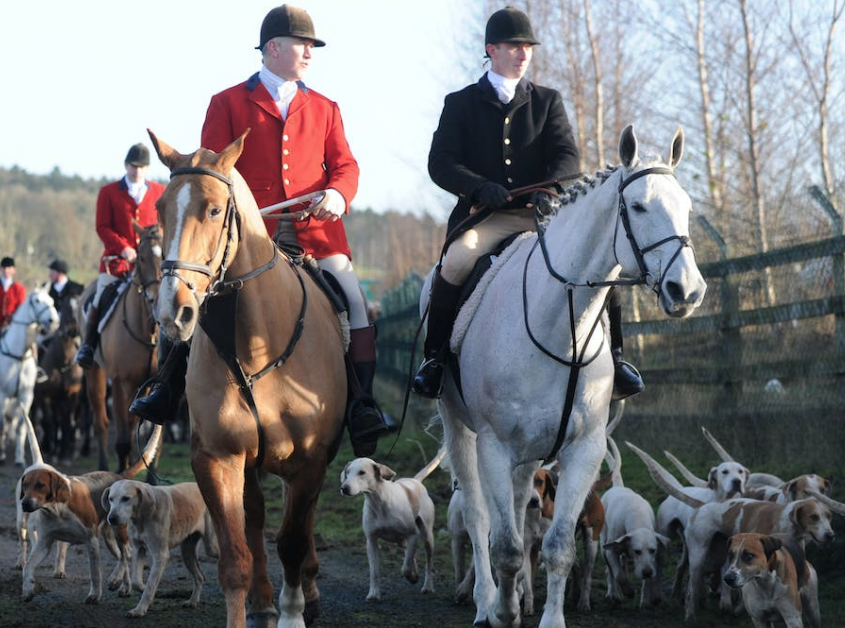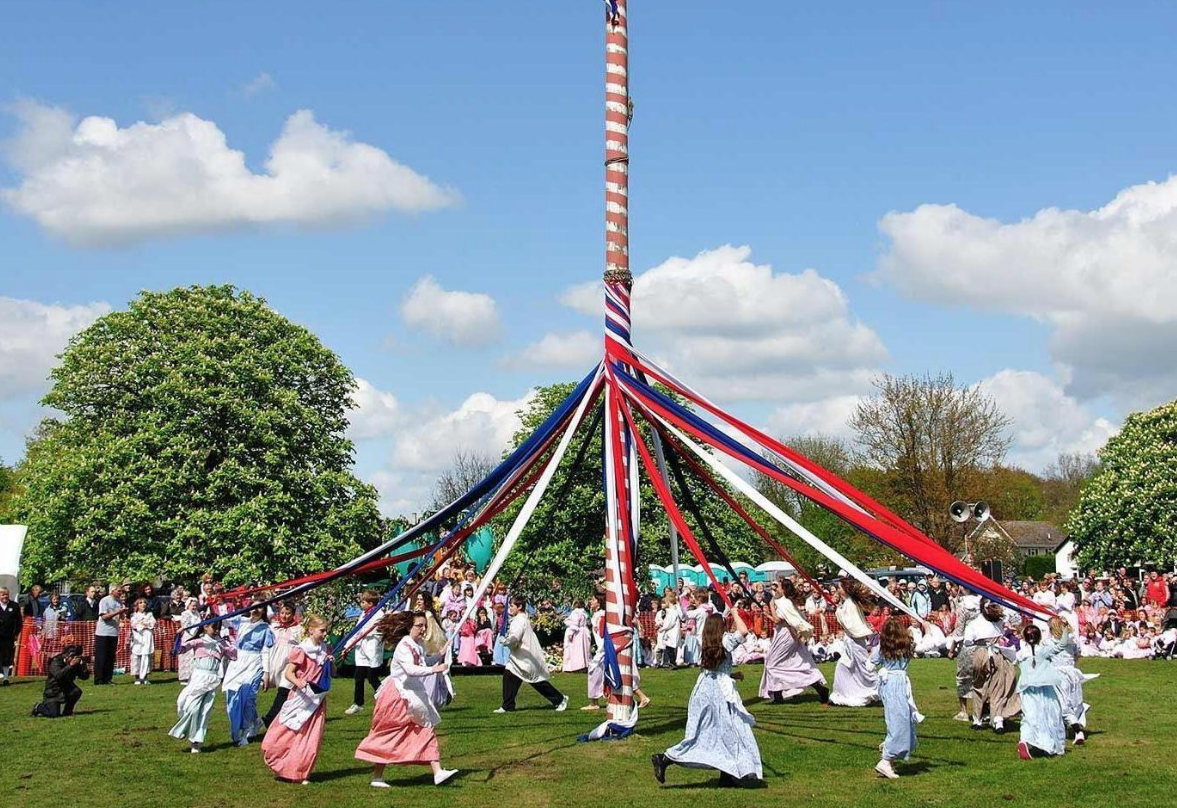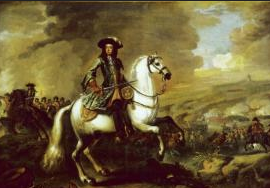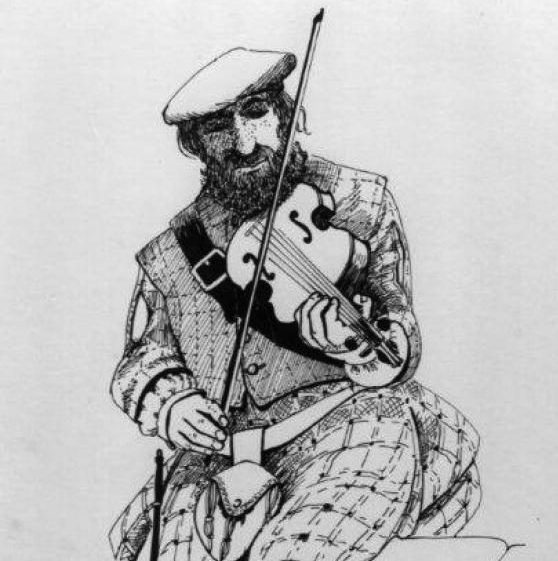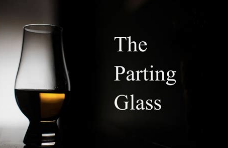
This Traditional Celtic song is a favorite in all the world as the last song of the night at the pub. It’s also a fine way to say goodbye to 2025 and welcome in the New Year!!!
The Parting Glass
Oh of all the money that e’re I spent
I spent it in good company
and of all the harm that e’re Ive done
alas it was to none but me
for all I’ve done for want of wit
to mem’ry now I can’t recall
so fill to me the parting glass
good night and joy be with you all
Oh of all the comrades that e’re I’ve had
they are sorry for my going away
and of all the sweethearts that e’re I’ve had
they would wish me one more day to stay
but since it falls unto my lot
that I should rise and you should not
I’ll gently rise and softly call
good night and joy be with you all




